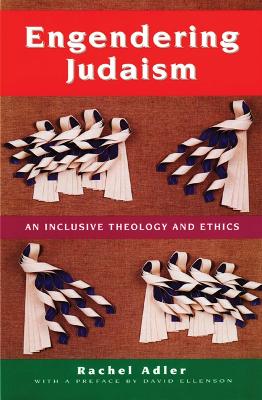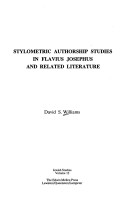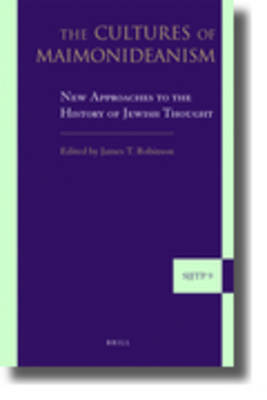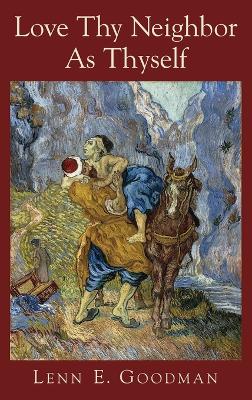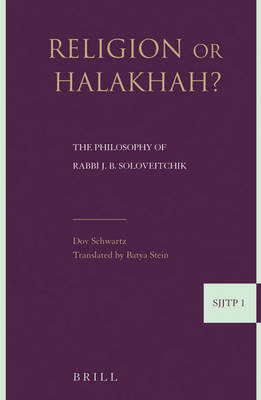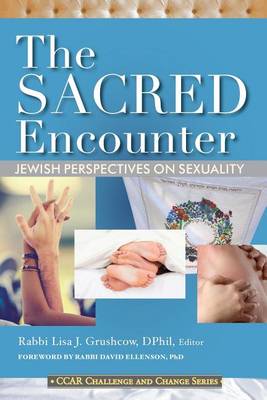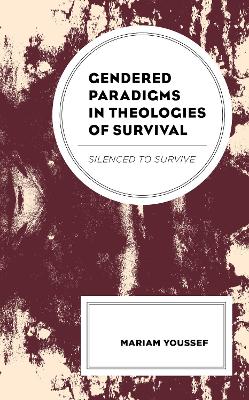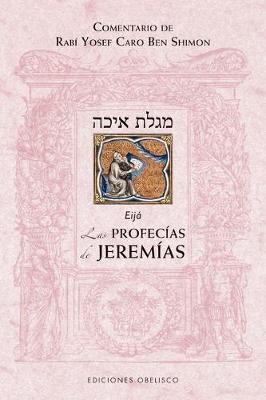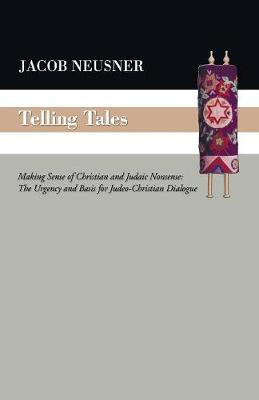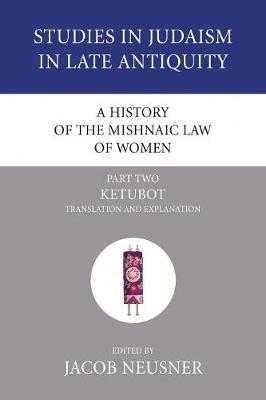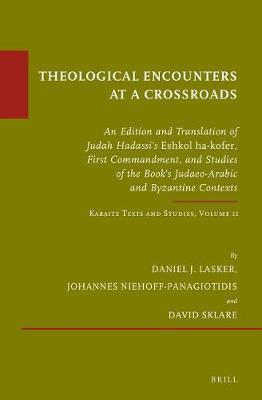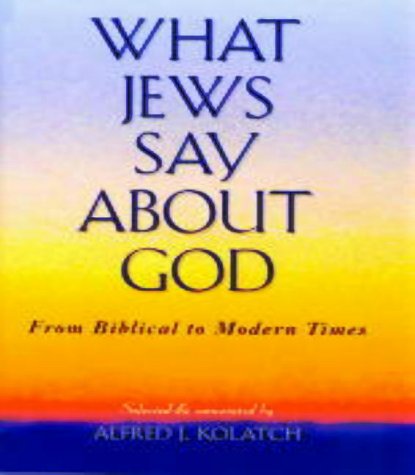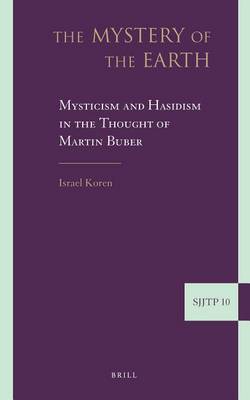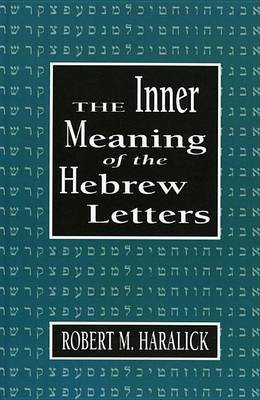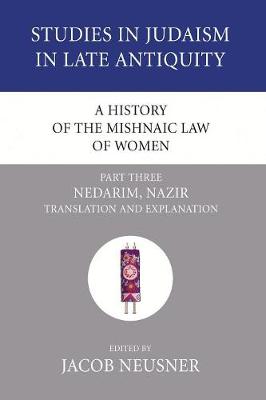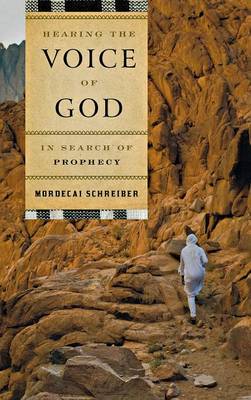This is a pioneering work on what it means to "engender" Jewish tradition-how women's full inclusion can and must transform our understanding and practice of Jewish law, prayer, and marriage. Adler's writing is passionate, sharply intelligent and offers a serious study of traditional biblical and rabbinic texts. Engendering Judaism challenges both mainstream Judaism and feminist dogma and speaks across the movements as well as to Christian theologians and feminists.
Divine Intervention and Miracles in Jewish Theology (Jewish Studies, #16)
The Cultures of Maimonideanism (Supplements to The Journal of Jewish Thought and Philosophy, #9)
In the history of Jewish thought, no individual scholar has exercised more influence than Maimonides (1138-1204) - philosopher and physician, legal scholar and communal leader. This collection of papers, originating at the 2007 EAJS colloquium, places primary emphasis on this influence - not on Maimonides himself but the many movements he inspired. Using Maimonideanism as an interpretive lens, the authors of this volume - representing a variety of fields and disciplines - develop new approaches...
In this book, Lenn E. Goodman writes about the commandment to "love thy neighbor as thyself" from the standpoint of Judaism, a topic and perspective that have not often been joined before. Goodman addresses two big questions: What does that command ask of us? and what is its basis? Drawing extensively on Jewish sources, both biblical and rabbinic, he fleshes out the cultural context and historical shape taken on by this Levitical commandment. In so doing, he restores the richness of its material...
The Protestant-Jewish Conundrum: Studies in Contemporary Jewry, Volume XXIV (Studies in Contemporary Jewry)
Religion or Halakha (Supplements to The Journal of Jewish Thought and Philosophy, #1)
by Dov Schwartz
Joseph B. Soloveitchik's philosophy plays a significant role in twentieth century Jewish thought. This book focuses on the first stages of Soloveitchik's philosophy, through a systematic and detailed discussion of his essay Halakhic Man. Schwartz analyzes this essay at three main levels: first, he considers its complex writing style and relates it to Soloveitchik's aims in the writing of this work. Second, the author compares Halakhic Man to other contemporary writings of Soloveitchik. Third, he...
This is a book about women in survival communities and the ways that survival and theology are used to shut down women's voices. Mariam Youssef examines the ways in which the condition of survival puts religious women in a bind by embedding paradigms into theology that, more often than not, reinforce women's subordination as a condition of survival. Women in survival communities are not only grappling with the existential threat that comes with their survival identities but also struggling to ma...
This book is a first attempt to examine the thought of key contemporary Jewish thinkers on the meaning of tradition in the context of two models. The classic model assumes that tradition reflects lack of dynamism and reflectiveness, and the present's unqualified submission to the past. This view, however, is an image that the modernist ethos has ascribed to the tradition so as to remove it from modern existence. In the alternative model, a living tradition emerges as open and dynamic, developing...
A History of the Mishnaic Law of Women, Part 2 (Studies in Judaism in Late Antiquity, #33)
Judah Hadassi was the most prominent Karaite Jewish author of twelfth-century Byzantium, steeped in Karaite and Byzantine Greek traditions. In Theological Encounters at a Crossroads: An Edition and Translation of Judah Hadassi's Eshkol ha-kofer, First Commandment, and Studies of the Book's Judaeo-Arabic and Byzantine Contexts, a scientific edition of the first quarter of the Hebrew text of Hadassi's magnum opus is presented with an English translation, a summary of his theology, a discussion of...
The Mystery of the Earth (Supplements to the Journal of Jewish Thought and Philosophy)
by I Koren
A History of the Mishnaic Law of Women, Part 3 (Studies in Judaism in Late Antiquity, #33)
In an age when technology is making our world feel increasingly small and far-flung peoples are interacting with each other more regularly than at any other time in history, the common threads running through vastly different civilizations are not only more obvious but more important to our understanding of ourselves as members of the human race. In Hearing the Voice of God: In Search of Prophecy, Mordecai Schreiber explores one of these common threads-the Jewish prophetic tradition. Schreiber e...
